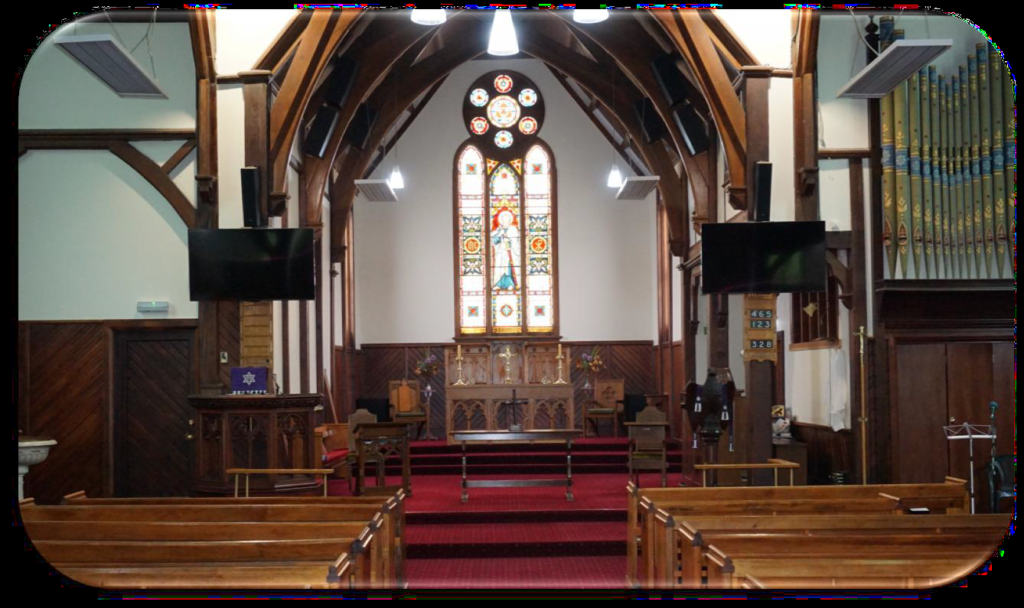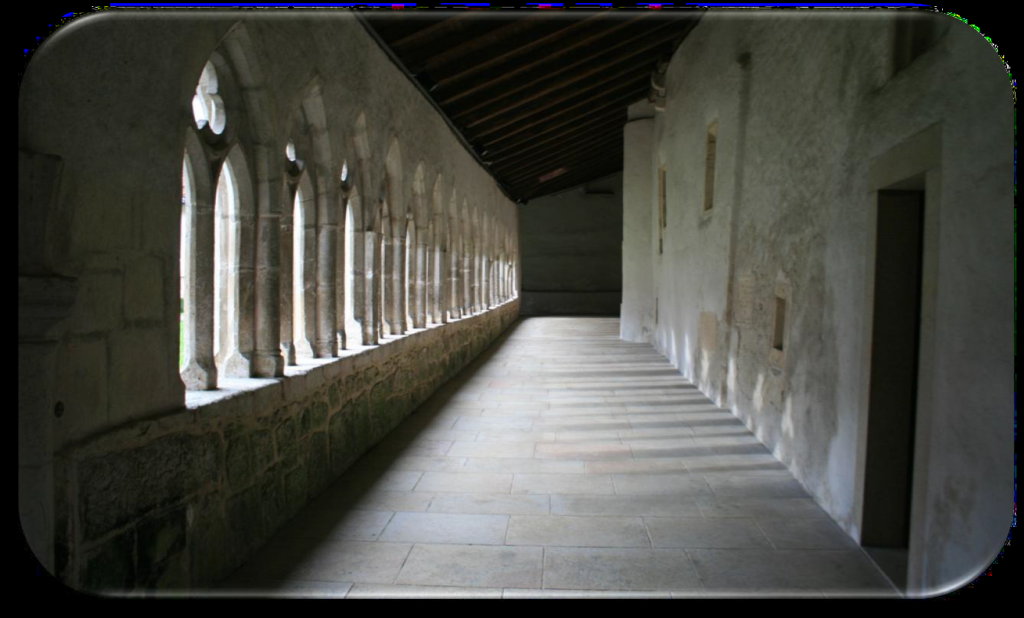God can do anything. People are not able to achieve anything but because we have been given free will and many abilities we can do a lot. Nowadays, with so many difficulties and problems challenging the people(s) of Earth we need to keep faith in God and a sense of optimism is required as well, I believe, or sometimes we could have that faith endangered, achieving very little, and not feeling particularly happy.

As Matthew’s gospel reminds us, power comes from the Father. And whatever power we are able to exercise should be directed at doing good in the world.
To achieve a sense of Grace with God people need to follow the life and example of Jesus. This life is transitory. No amount of riches can be cashed up at the time of one’s death. In fact it is easier for a comparatively poor person to enter Heaven because s/he who has been rich and powerful on Earth has normally enjoyed many more opportunities than a person in poverty to feather her/his own nest, and human nature being as it is, often does so. They are the proverbial camels in the Bible, which can not pass through the eye of a needle.
Rich and powerful people, who have benevolent intentions, can of course take advantage of their ability to lead the way, and do so in small local community settings, all the way to the highest offices on the world stage. It is difficult to give contemporary examples because de facto it becomes political. But some examples of famous persons post-Gospels and pre-21st Century provide illustrations of the ways in which a combination of faith and optimism fuelled their lives in the endeavour to achieve great things for their people, not merely themselves and their immediate kin.
Jeanne D’Arc in the 1400’s believed that God wanted her personally to effect the crowning of a French prince thus delivering her French compatriots from the hands of the English and their King whose territorial expansions would no longer be tolerated in France. Right from the beginning Joan of Arc was very optimistic. She had a sense of purpose and great optimism, which spring from the devout belief of herself as inspired by God. Sadly, after things initially seemed to be falling into place for her, the Dauphin Charles, and the French generally, the Maid of Orleans was eventually betrayed, tried as a witch, and burned at the stake. Jeanne D’Arc could have saved her own life by taking the opportunity to recant her alleged heresies and misdemeanours, but bravely went to her death optimistically believing the flames were but a vehicle for her to meet her Heavenly Father. God gave Joan power on Earth but did not manipulate events that might on the face of them, appeared to be the outcome God wanted. Whether or not D’Arc was the instrument of the Lord as she and her many followers believed, any attempt to adjudicate on this would be misplaced. Only God knows. What we can say is that the Maid of Orleans died with her faith intact—and went to her horrible death willingly.
A few decades later Sir Thomas More, a childhood friend of King Henry VIII, who was one of the leading intellectuals of his day, could not match his
theological beliefs with supporting Henry in his plans for ensuring the English Succession, which were to involve going against the religious orthodoxy of the time. Others did. And they were richly rewarded. But Sir Thomas went to the executioner’s block confident in the belief that he was obeying the law of God, rather than act the role of a confederate in Henry Tudor’s whims, fancies and conveniences. Like Jeanne D’Arc, Sir Thomas More died for what he believed in. He stated that he was happily taking his leave of this life to meet his maker. Like Joan, he had faith, and went to his judicial murder with relative happiness and joy. Only God knows the nature, extent and importance pertaining to all circumstances around these two historical figures.

There are of course plenty of other examples of people of faith who have died by the hand of others, and did so if not willingly, at least knowing the likely consequences of the activities in which they were involved. Jesse Jackson, who was an aid to Dr Martin Luther King, has stated that for months before his assassination King had an inkling he would be shot. But he believed that God made all persons equal regardless of race, creed or colour, and that he was needed as the primary instrument of change in particularly the southern states of America in the 1960’s. It might seem that God gave people like Jeanne, Thomas and Martin great gifts and abilities, only to see them extinguished without achieving their goals. Three people who knew the risks, followed the principles of faith they believed in, and died in the cause. Only God understands why.
For most of us, the national stage is not the setting for our faith and optimism, but in our day to day lives, we can make a difference. We cannot do anything as God can, yet we can engineer a contribution. We can use the above mentioned free will and abilities to get a lot done. If that which we seek to achieve is based on our Christian faith, and if we can retain our optimism no matter how long the odds in a given situation, then it is worth fighting for the cause we believe in.
At the grass-roots level we can do little things for the environment, for animal welfare, for fair and more equitable opportunities for disadvantaged groups, or whatever and whoever our Christian faith has moved us individually to care about deeply. No matter how steep the gradient, or the number of mini-setbacks that may occur, staying the course and stressing the positive may be the combination of faith and optimism that achieves a desired goal. Only God is all powerful; but through the life and example of Jesus Christ a great deal of good works can potentially be achieved if one retains her/his essential faith and does so with optimism.

Davyd S
